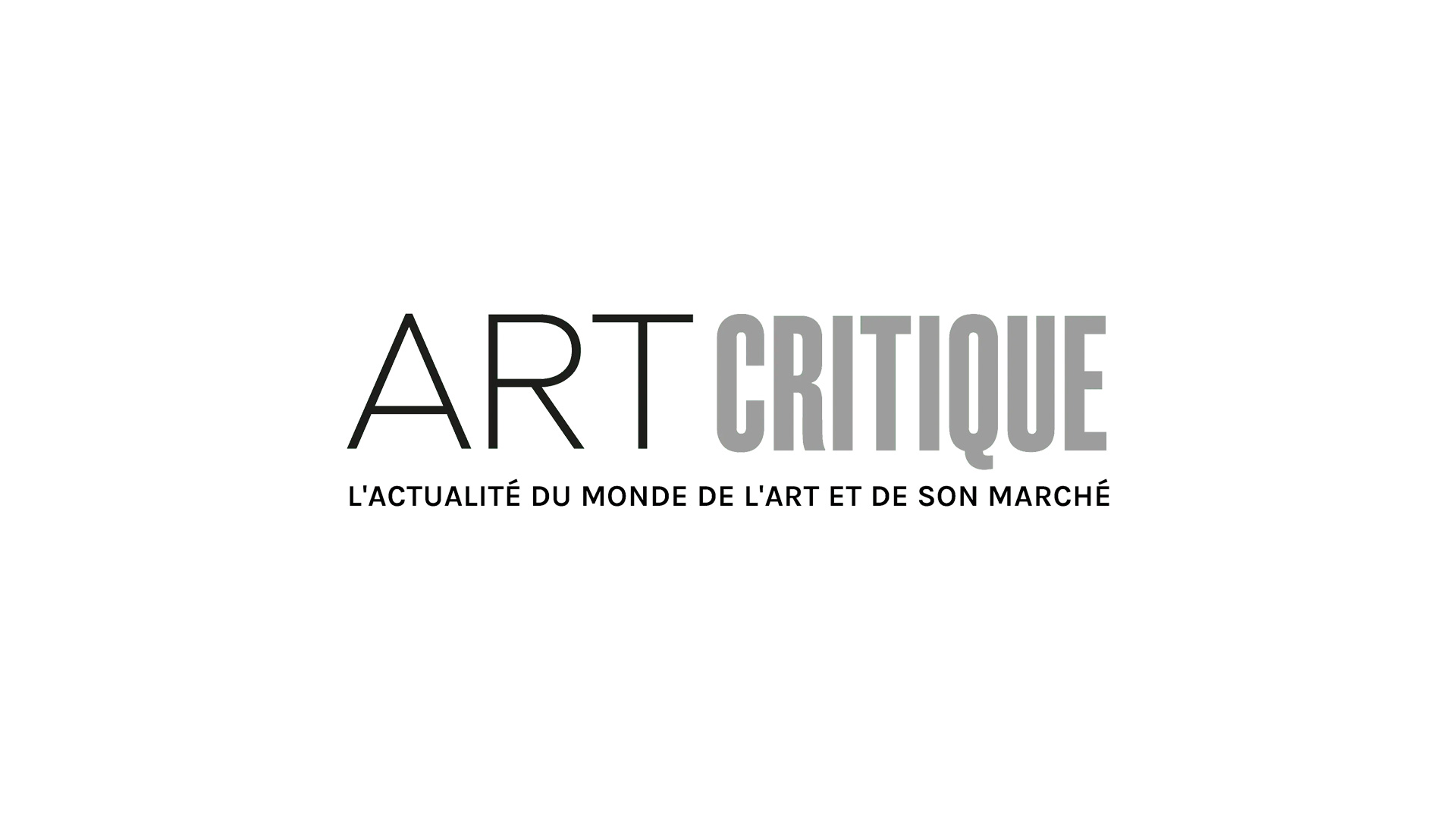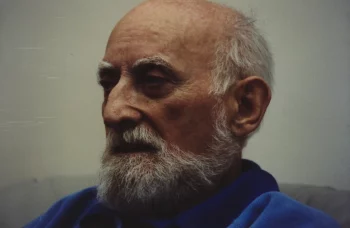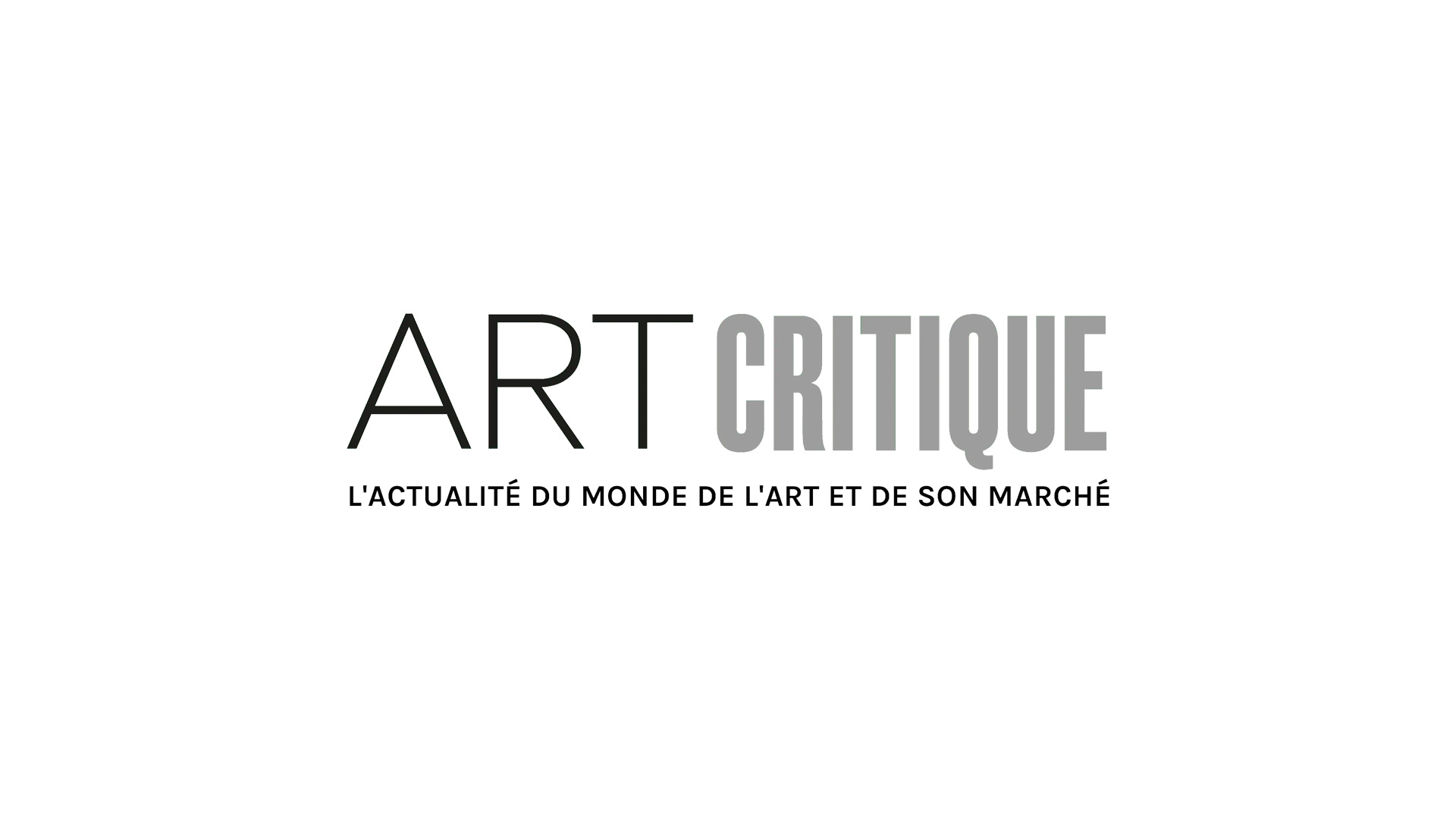On the heels of a November report suggesting that France immediately return African artefacts and artworks taken during the colonial period, authors Felwine Sarr and Bénédicte Savoy have found themselves defending their conclusions.
After French president Emmanuel Macron commissioned the report in 2017, Sarr, and economist, and Savoy, an art historian, set to work consolidating information concerning the topic of African works. The result was a 252-page report stating that 90 to 95% of African heritage remained outside of the continent. In France alone, museums are estimated to hold 80,000 African objects with a staggering 70,000 objects residing in the stores of the Musée du quai Branly–Jacques Chirac in Paris. The Sarr-Savoy report urged France’s government to re-evaluate its repatriation laws and its position on the return of works taken during the colonial period.
Naturally, not everyone was a fan of the report, though, including Stéphane Martin, president of the Musée du quai Branly–Jacques Chirac, who referred to Sarr and Savoy as mere ‘engaged persons’. However, through a number of interviews, Sar and Savoy have attempted to explain their findings, they have explored the varying wants from African countries, and stated that despite their suggestions, not every artifact will be wanted. In an interview with Deutsche Welle, Sarr said, in regards to the fear that European museums would be emptied, ‘[i]t also presupposes that the countries making demands want everything back and that does not seem to be the case. Much more probable is that they want some objects with high symbolic value — and these are not in the thousands, but number probably less than a hundred.’
After becoming the faces of heated repatriation topics, the duo has yet, again, found themselves defending their report, though this time, it was during their first public appearance in Germany. On January 14th, at the invitation of a number of non-profit organizations, Sarr and Savoy engaged in a two-hour talk regarding their report to an audience of over 500. During the discussion, Sarr stated that the notion of emptying museums was created and sustained to insight fear as an oversimplification of their report. He continued: ‘The idea is not to empty museums to fill others. It’s a lot more complex and serious than that.’ Designed to examine the relationship between France and Africa, the report called for re-evaluation of handling artworks and artefacts and that the suggestions of immediate restitution primarily concerned works taken during colonial times. Sarr continued: ‘“If there is a road you can take, you must take it […] We were given a historic opportunity to make advances on an important symbolic question. We had to start somewhere, and so we took Macron and his words seriously.’
The talk given by Sarr and Savoy is of particular interest to Germany at the moment as Berlin’s Humboldt Forum currently under construction. The rebuilding of the monumental museum has sparked controversy concerning works acquired during the country’s colonial past when Germany occupied the area now known as Namibia and many other African areas. Savoy was actually a part of the advisory board for the museum until 2017 when she stepped down due to what she felt was a failure to recognize Germany’s colonial history.





